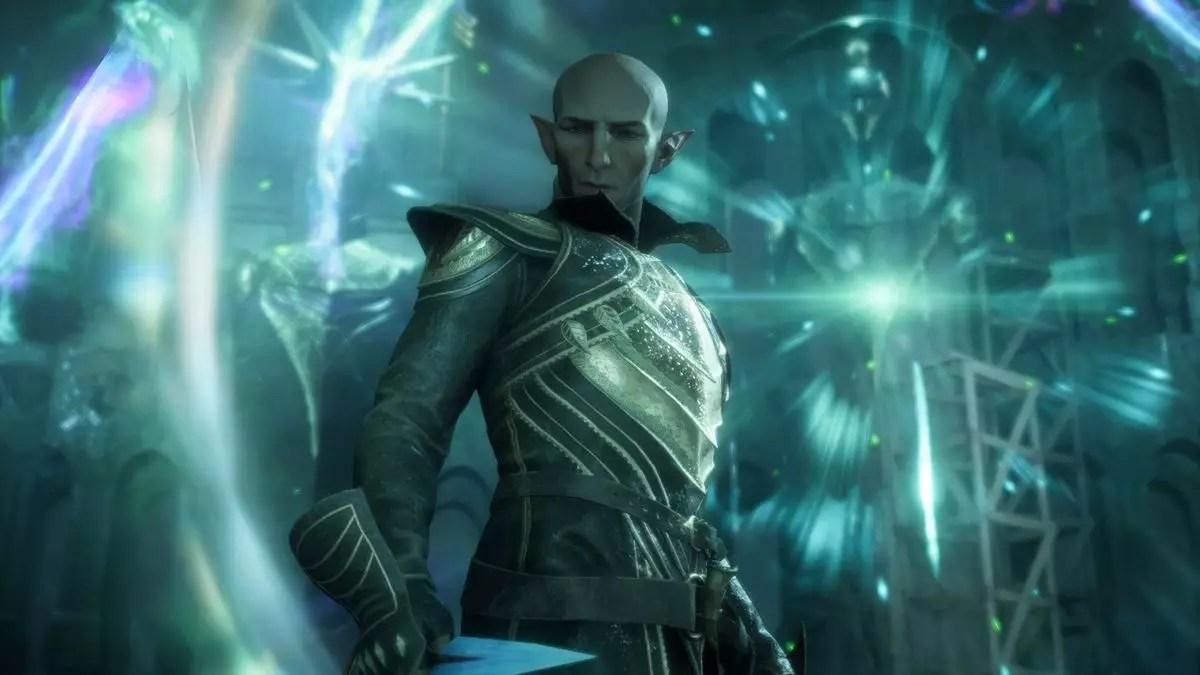The gaming community is buzzing with excitement as Dragon Age: The Veilguard edges closer to its highly anticipated Halloween launch. With reviews beginning to pour in, the critical reception has been overwhelmingly positive, raising expectations for both fans of the franchise and newcomers alike. The success of this latest entry in BioWare’s storied franchise not only sets the stage for the game itself but also has implications for the upcoming Mass Effect 5, another cornerstone of BioWare’s legacy.
GamesRadar+ awarded Dragon Age: The Veilguard an impressive score of 4.5 out of 5 stars, which speaks volumes about its reception. Critics highlighted the “captivating companions,” a staple of the Dragon Age series, and noted the “tough but fair” combat mechanics that challenge players without crossing into frustrating territory. Such favorable reviews are essential, as they not only validate the direction taken by the developers but also serve to rekindle interest in the series. However, the critique regarding linear hub areas and a lack of meaningful inflection points points toward areas where the game could have pushed the boundaries even further. This criticism must be viewed within the larger context of player expectations for open-world experiences in modern RPGs, which often emphasize player agency and dynamic storytelling.
A notable focal point in recent discussions surrounding The Veilguard is the commentary from Michael Gamble, the BioWare veteran and director of Mass Effect 5. His engagement with fans on Twitter reflects the interconnected nature of these franchises. Gamble acknowledged that while both series originate from the same studio, their creative processes and thematic content differ substantially. His assertion that “how you bring a Sci-Fi RPG to life is different than other genres or IPs” underscores the unique challenges posed by each franchise. This distinction is crucial as it sets realistic expectations for both fans and new players navigating these rich narrative worlds.
The juxtaposition of Dragon Age and Mass Effect raises fascinating questions about audience preferences and narrative styles. Gamble’s comments hint at a certain ‘vibe’ shared between the two games, including thematic depth and character development. However, the worlds of Thedas and the Mass Effect galaxy serve distinctly different purposes, exploring contrasting moral dilemmas and sociopolitical themes. Understanding these differences is vital for fans who might be eager to see how the success of The Veilguard might translate into expectations for Mass Effect 5.
The positive buzz surrounding Dragon Age: The Veilguard not only encapsulates the anticipation for the game but also heralds a promising future for BioWare’s storytelling capabilities. If the far-reaching success of The Veilguard can translate into momentum for Mass Effect 5, it could lead to innovative gameplay and immersive experiences that honor the legacy of both franchises. As fans prepare for the spooky season and the arrival of Dragon Age, many will also keep a hopeful eye on what lies ahead in the universe of Mass Effect. With both franchises poised for a resurgence, the gaming community’s excitement for BioWare is palpable, making this a pivotal moment in the studio’s history.


Leave a Reply